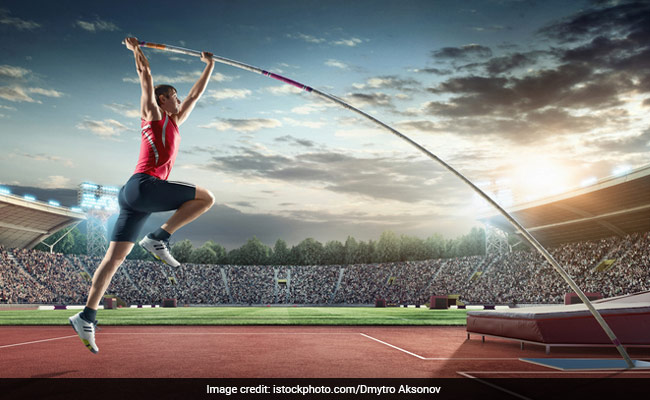
A ketogenic diet (or Keto diet in short) is a low-carb, high-fat diet, which has been considered as an effective way to reduce weight. But in the field of sports, many athletes go for keto diet, not just for losing weight but to enhance their performance. NBA player LeBron James is one such athlete, who went with Keto diet for 67 days. The result? Phenomenal. LeBron James is a role model for millions around the globe, and his keto days being a brilliant example for many. But his diet practice also led to the question: Is ketogenic diet effective in the case of sports?
The answer has got different ends. For starters, ketogenic diet, when it comes to sports, is not meant for all kinds of athletes. For endurance athletes, long-term use of ketogenic diets may boost not only the performance but also their overall health. But in case of athletes involved in high-intensity, short-duration sports, using short bursts of energy might see a performance drop while on a ketogenic diet.
When an individual is on a keto diet the body produces small fuel molecules called “ketones”. This is an alternative source of fuel for the body which is used when the blood sugar is in short supply.

Keto diet may not be suitable for all athletes
Photo Credit: iStock
Researchers claim that ketogenic diets appear to be beneficial for endurance athletes after a period of adaptation. It can take several months for the body to switch the main energy source, from carbohydrates to fats. This is what is known as the adaptation period.
In order to support the body during the switching process, ketogenic diets are high in fats. Keto diet involves only moderate consumption of proteins. A high protein diet can interfere with production of ketones. These ketones are by-products of fat’s breakdown and can be used as an alternative fuel source for the body when there isn’t much glucose.
However, ketogenic diet may not be effective for every athlete. It may lead to certain side effects like reduced muscle glycogen, impaired athletic performance and hypoglycaemia.
More research is required to testify effectiveness of keto diets for sportspersons.
Disclaimer: This content including advice provides generic information only. It is in no way a substitute for qualified medical opinion. Always consult a specialist or your own doctor for more information. NDTV does not claim responsibility for this information.
[“source==ndtv”]
